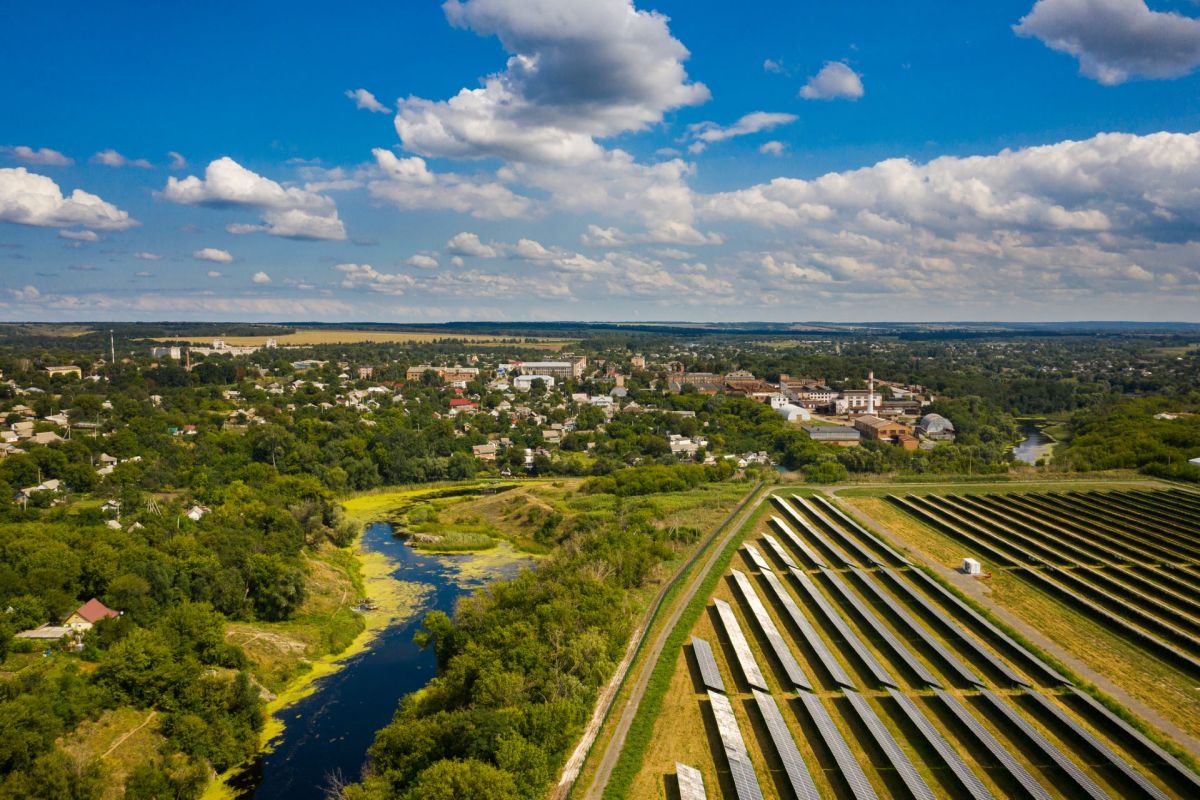Rural energy is getting a long overdue makeover. Thanks to the Inflation Reduction Act, the government has earmarked $10.7 billion to help make energy cleaner and more affordable for 42 million people across the country, as Canary Media reported.
In May, new elements of the Inflation Reduction Act were unveiled, including the largest boost to rural electric cooperatives since the Great Depression.
Electric co-ops, which provide energy in the most rural — and often most impoverished — parts of the U.S., are private, not-for-profit companies that operate under government regulations. The Inflation Reduction Act provides funding for these co-ops through the New Empowering Rural America (New ERA) program and the Powering Affordable Clean Energy (PACE) program.
The New ERA program guidance focuses on funding the purchase of or investment in renewable or carbon-free energy sources, energy storage such as batteries, carbon capture, clean hydrogen production, and energy-efficient improvements to energy generators.
The PACE program allows loans for alternative power sources such as wind, solar, hydro, biomass, and geothermal projects, as well as energy storage projects, according to Canary Media.
In regard to how the funds will be awarded, Chris McLean, assistant administrator of the USDA's Rural Utilities Service, told Canary Media, "They'll be scored in terms of their greenhouse gas reductions," adding that "affordability is going to be a key factor."
"This new funding from the Inflation Reduction Act shows that President Biden, and our entire administration, is serious about investing in rural America," said John Podesta, Senior Advisor to the President for Clean Energy Innovation and Implementation, in a release. "This announcement embodies what the Investing in America Agenda is all about — building a clean energy economy that works for everyone."
This is all a great move for electric co-ops, which historically rely on coal-heavy generation to provide energy due to the low price of their services and the rural communities they often serve. But this isn't the first time they've taken sustainable steps with their energy production — from 2005 to 2020, electric co-ops reduced their carbon emissions by 23%.
"All across America, rural cooperatives lift up our rural communities," Ali Zaidi, assistant to the president and national climate advisor, said in a release. "President Biden's investment agenda positions his Agriculture Department as the ultimate partner in this work — financing not just upgrades to clean and affordable power, but also economic empowerment and uplift. For so many of our rural communities, this is simply a gamechanger. It's a big deal."
Join our free newsletter for cool news and actionable info that makes it easy to help yourself while helping the planet.









